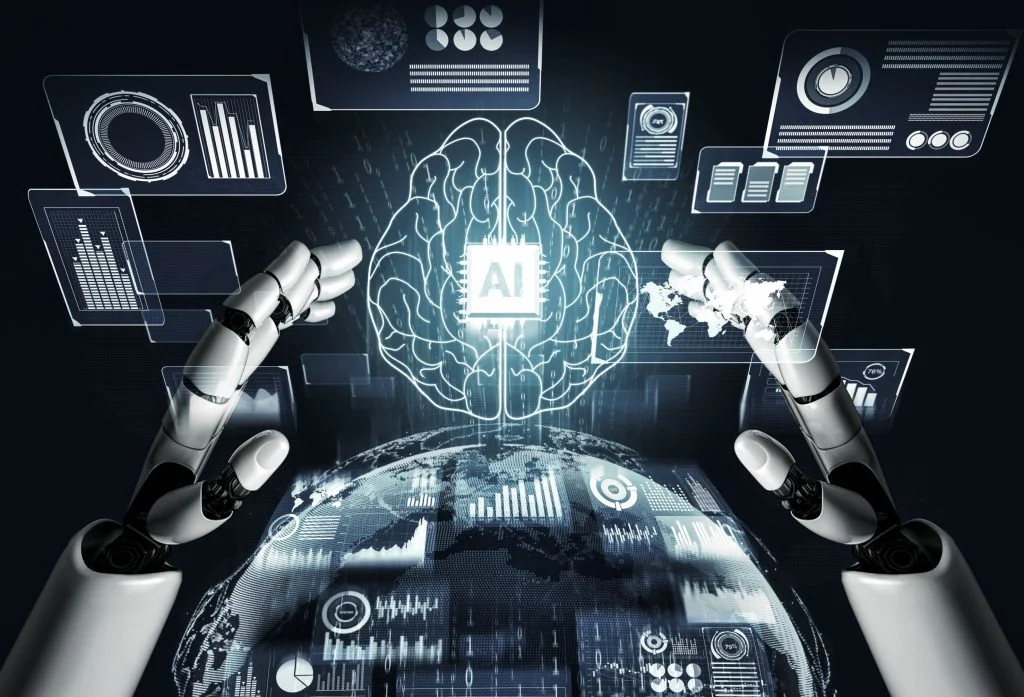- Courses
- GS Full Course 1 Year
- GS Full Course 2 Year
- GS Full Course 3 Year
- GS Full Course Till Selection
- Answer Alpha: Mains 2025 Mentorship
- MEP (Mains Enrichment Programme) Data, Facts
- Essay Target – 150+ Marks
- Online Program
- GS Recorded Course
- Polity
- Geography
- Economy
- Ancient, Medieval and Art & Culture AMAC
- Modern India, Post Independence & World History
- Environment
- Governance
- Science & Technology
- International Relations and Internal Security
- Disaster Management
- Ethics
- NCERT Current Affairs
- Indian Society and Social Issue
- NCERT- Science and Technology
- NCERT - Geography
- NCERT - Ancient History
- NCERT- World History
- NCERT Modern History
- CSAT
- 5 LAYERED ARJUNA Mentorship
- Public Administration Optional
- ABOUT US
- OUR TOPPERS
- TEST SERIES
- FREE STUDY MATERIAL
- VIDEOS
- CONTACT US
Defence sector- Recommendations of Vijay Raghavan panel
Defence sector- Recommendations of Vijay Raghavan panel
Context :
The Vijay Raghavan committee, appointed by the government, has recently submitted a comprehensive report addressing concerns about the Defence Research and Development Organisation (DRDO).
About DRDO :
1.DRDO is the research and development arm of the Indian Ministry of Defence .
2.Established in 1958 through the merger of the Technical Development Establishment (TDEs) of the Indian Army and Directorate of Technical Development & Production (DTDP) with Defence Science Organisation (DSO).
3.Mission : Achieve self-reliance in critical defence technologies and systems,
4.Vision : To empower India with cutting-edge defence technologies.
5.DRDO has a network of laboratories across the country working on various defence-related fields, including aeronautics, armaments, electronics, land combat engineering, life sciences, materials, missiles, and naval systems.
6.Major projects : First project - 1962, development of surface-to-air missiles (SAM) known as Project Indigo, which was discontinued due to limited success.
7.Recent projects-
2016 - it successfully tested its first indigenously developed heavy-duty drone, Rustom 2, which is an unmanned armed combat vehicle developed on the lines of the US's Predator drone.
2018 - DRDO also co-developed India's first nuclear ballistic missile submarine, INS Arihant
2019 - DRDO developed India's first anti-satellite system, making India one of the few countries in the world with this capability.
DRDO has also developed several ballistic missiles under its Integrated Guided Missile Development Programme, including Prithvi, Trishul, Agni, Akash, and Nag missiles.
Issues with DRDO:
1.Cost Overruns: DRDO projects are often delayed and exceed their estimated timelines and budgets, raising concerns about efficiency and resource allocation. Example : Light Combat Aircraft Tejas, which took over 30 years to develop.
2.Lack of smooth collaboration with the Armed Forces
3.Problems with Technology Transfer and Private Sector Integration: Despite efforts efficient transfer and commercialization of indigenous defence technology remains a challenge. This leads to dependence on foreign imports.
4.Lack of Transparency and Negative Perception: This can erode public trust in the organization .
Defence modernisation :
3 key elements :
1.Integration of private sector : Eg.Defence Industrial corridors , Defence Modernisation Fund .
2. Indigenisation of Defence Manufacturing : Eg SRIJAN portal
3.International collaboration : Eg. Indo-US jet technology transfer Deal
Recommendations of Vijay Raghavan Panel :
1.Shift focus back to Research and Development (R&D): The committee suggests that DRDO should return to its core purpose of conducting research and development for defense, rather than getting involved in product management, which is better suited to private sector.
2.Focussing on specific areas of Expertise: Identify specific areas of expertise and concentrate on them, rather than spreading its resources thinly across diverse technologies.
3.Defence Technology Council (DTC): The committee proposes that the Defence Technology Council, chaired by the Prime Minister, should play a central role in identifying suitable players for specific defence technologies and steering the direction of defence technology development.
4.Dedicated Department: The committee recommends the establishment of a Department of Defence Science, Technology, and Innovation under the Ministry of Defence, which would act as the secretariat for the Defence Technology Council.
Conclusion : Overall, the committee's recommendations aim to improve the efficiency and effectiveness of DRDO by focusing its resources on its core strengths and leveraging the strengths of the private sector and other stakeholders in the defence technology ecosystem. Implementing these recommendations will contribute to Defence modernisation .



